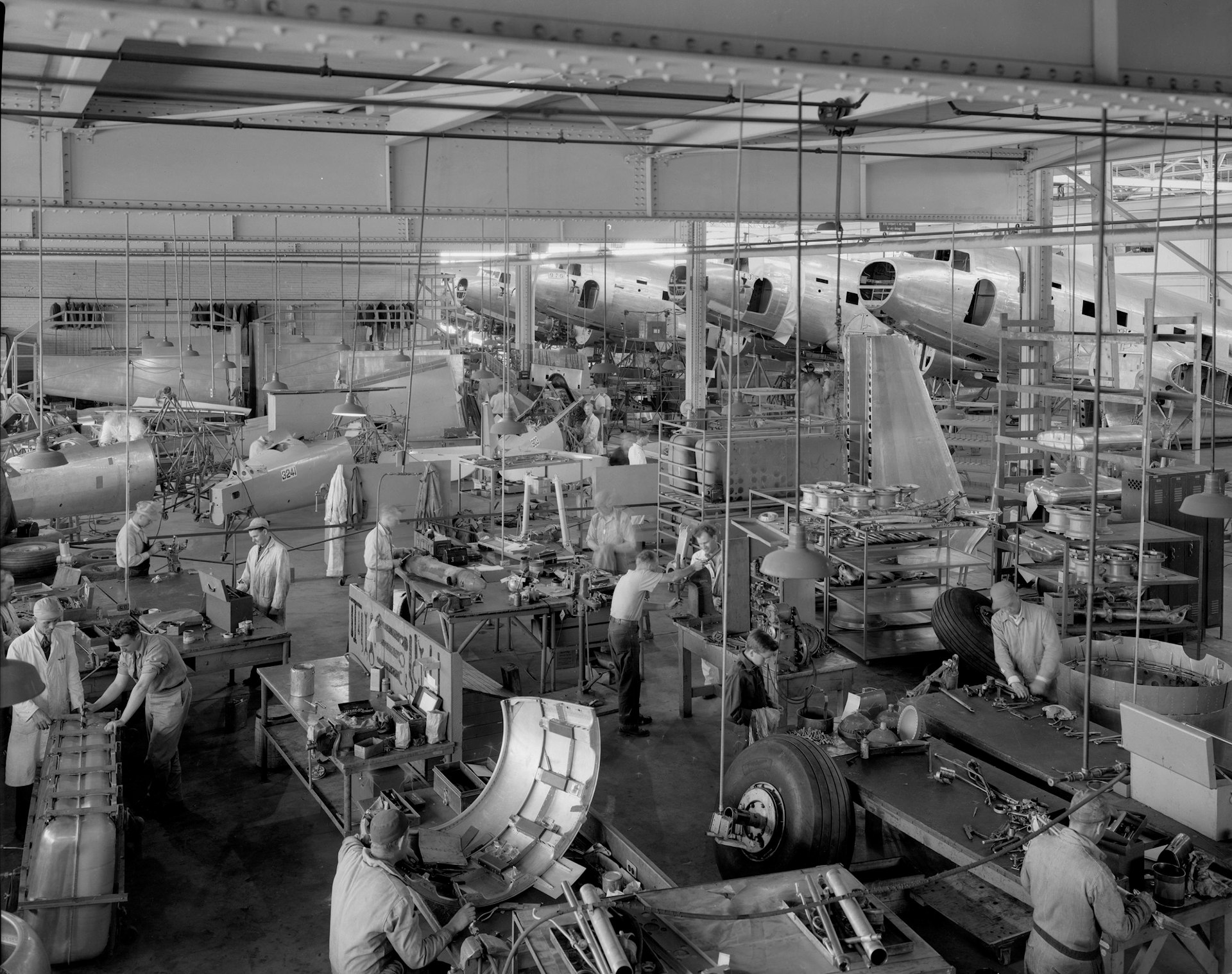Driving Sustainability: The Impact of Recycled Materials in Vehicle Manufacturing

Photo by Jaxon Smith on Unsplash
Introduction: The New Era of Sustainable Vehicle Manufacturing
The automotive industry is undergoing a profound transformation as recycled materials take center stage in vehicle manufacturing. Modern consumers and regulatory bodies are demanding eco-friendly vehicles, pushing manufacturers to innovate. The integration of recycled plastics, metals, and other sustainable materials is reshaping how cars are designed, built, and recycled. This article explores the multi-faceted impact of recycled materials on automotive sustainability, practical steps for consumers and businesses, and the challenges and emerging solutions in this evolving field.
The Environmental and Economic Benefits of Recycled Materials
One of the most compelling reasons for using recycled materials in vehicles is their significant environmental benefit. Manufacturing auto parts from recycled plastics and metals requires considerably less energy than producing new materials, resulting in lower greenhouse gas emissions [3] . For example, recycled plastic components are often lighter than traditional materials, reducing vehicle weight and improving fuel efficiency-a key factor in reducing emissions across the vehicle’s lifecycle [1] .
Economically, recycled materials also help manufacturers lower production costs. Less energy is needed to process these materials, and by repurposing waste, companies can reduce raw material expenses. Additionally, the global automotive recycling industry generates thousands of jobs and helps divert millions of tons of waste from landfills every year [5] .
How Leading Automakers Are Implementing Recycled Materials
Major car manufacturers are pioneering the use of recycled materials in their vehicles. For instance, Ford uses recycled plastic water bottles in seat cushions, while Jaguar incorporates nylon fabrics made from ocean waste. Volvo has pledged that by 2025, 25% of all plastics in its vehicles will be sourced from recycled materials [1] . Volkswagen is already using 100% recycled materials in certain fabrics and trims for its cars [4] .
Electric vehicle (EV) manufacturers, such as those producing the latest models of EVs, are also at the forefront, integrating recycled plastics and metals into both interiors and exteriors [2] . These industry leaders demonstrate that recycled materials can meet high standards for durability, safety, and aesthetics.
Innovative Materials in Modern Automotive Production
Beyond traditional recycled plastics and metals, manufacturers are experimenting with new materials such as bio-based plastics, which are derived from renewable sources like corn starch or sugarcane [2] . These materials offer the same lightweight and durable characteristics as petroleum-based plastics but with a reduced environmental impact. Natural fiber composites, combining plant fibers with polymers, are also being used to create components that are both strong and biodegradable. Such innovations are particularly valuable for vehicle interiors, improving sustainability without compromising performance or appearance.
Step-by-Step Guidance: Accessing and Participating in Sustainable Vehicle Manufacturing
If you are a consumer or a business seeking to support or access sustainable automotive options, several actionable steps can help:
- Research Manufacturers: Look for automakers with active sustainability programs. Many companies, such as Ford, Volvo, and Volkswagen, publish sustainability reports detailing their use of recycled materials. These reports are often available on their official websites under sections labeled “Sustainability” or “Corporate Responsibility.”
- Request Information from Dealerships: When purchasing a new vehicle, ask the dealership about the recycled content of the car’s interior, exterior, and mechanical components. Dealers can provide brochures or direct you to manufacturer resources for details.
- Choose Parts and Accessories Made from Recycled Materials: For maintenance or upgrades, request recycled or remanufactured parts. Many auto supply stores label such products clearly, and certified recycled auto parts are widely available through authorized retailers.
- Explore Industry Certifications: Some organizations provide certifications for environmentally responsible vehicles and parts. Look for labels such as ISO 14001 (environmental management) or similar industry standards.
- Support End-of-Life Vehicle Recycling: At the end of a vehicle’s lifespan, choose a certified auto recycler. The Automotive Recyclers Association in the U.S. and similar organizations maintain directories of reputable recyclers who comply with environmental standards.
- Stay Informed on Regulations: Many regions have government incentives or regulations supporting recycled materials in vehicles. Check with your local Department of Transportation or Environmental Protection Agency for programs or incentives that may be available in your area.
For more specific guidance, you can search for “automotive sustainability programs” or “certified auto recyclers” on official manufacturer or government agency websites.
Challenges and Solutions in Implementing Recycled Materials
While the benefits are significant, several challenges remain in adopting recycled materials at scale. One challenge is ensuring that recycled components maintain safety and durability standards. Advances in recycling technology have addressed many of these concerns, enabling the production of parts that withstand rigorous testing and real-world conditions [3] .
Another challenge is the initial cost of developing new materials and reconfiguring manufacturing processes. While recycled and bio-based materials may have higher upfront costs, they can generate long-term savings by reducing the need for virgin resources and lowering energy consumption [2] . Additionally, consumer demand for eco-friendly vehicles continues to rise, providing a market incentive for continued investment in sustainable materials.
Automakers are also working to improve the logistics of sourcing, sorting, and processing recycled materials, often partnering with specialized recycling firms. These collaborations are enhancing the efficiency and quality of recycled automotive components [1] .
Case Studies: Real-World Impact
Case studies highlight the real-world impact of recycled materials in automotive manufacturing. For example, Ford’s use of recycled plastic bottles in seat cushions has diverted millions of bottles from landfills and oceans. Jaguar’s fabric made from ocean-sourced nylon waste and Volvo’s commitment to recycled plastics in the XC60 SUV demonstrate the feasibility of integrating sustainability into mainstream automotive production [1] .
Globally, more than 27 million vehicles are recycled each year, saving an estimated 80 million barrels of oil annually that would otherwise be needed for new replacement parts. The recycling process supports a circular economy by turning end-of-life vehicles into raw materials for new products, from cars to household appliances [5] .

Photo by Documerica on Unsplash
Key Takeaways and Future Directions
The use of recycled materials in vehicle manufacturing is no longer optional-it is a strategic imperative for automakers seeking to reduce environmental impact, cut costs, and meet evolving consumer and regulatory expectations. Advances in material science and recycling technology have made it possible to produce durable, high-quality automotive components from recycled sources. The ongoing shift toward sustainability is expected to accelerate, with more manufacturers adopting circular economy principles and consumers supporting greener products.
For those interested in learning more or participating in sustainable automotive initiatives, begin by reviewing manufacturer sustainability reports, asking dealerships about recycled content, and supporting certified recycling programs. As innovation continues, the road ahead promises even greater advances in green vehicle manufacturing.
References
- [1] EV Magazine (2025). GlobalData: Sustainable Materials Reshape the Auto Industry.
- [2] 4ocean (2023). How Car Manufacturers are Reducing Plastic Waste.
- [3] Mayco International (2024). Recycled Plastic Auto Parts: How to Protect Your Vehicle’s Performance.
- [4] Microban (2023). Top 5 Trends in Automotive Materials.
- [5] VinFast Community (2022). The Impact of Vehicle Recycling.
MORE FROM ismath.net













